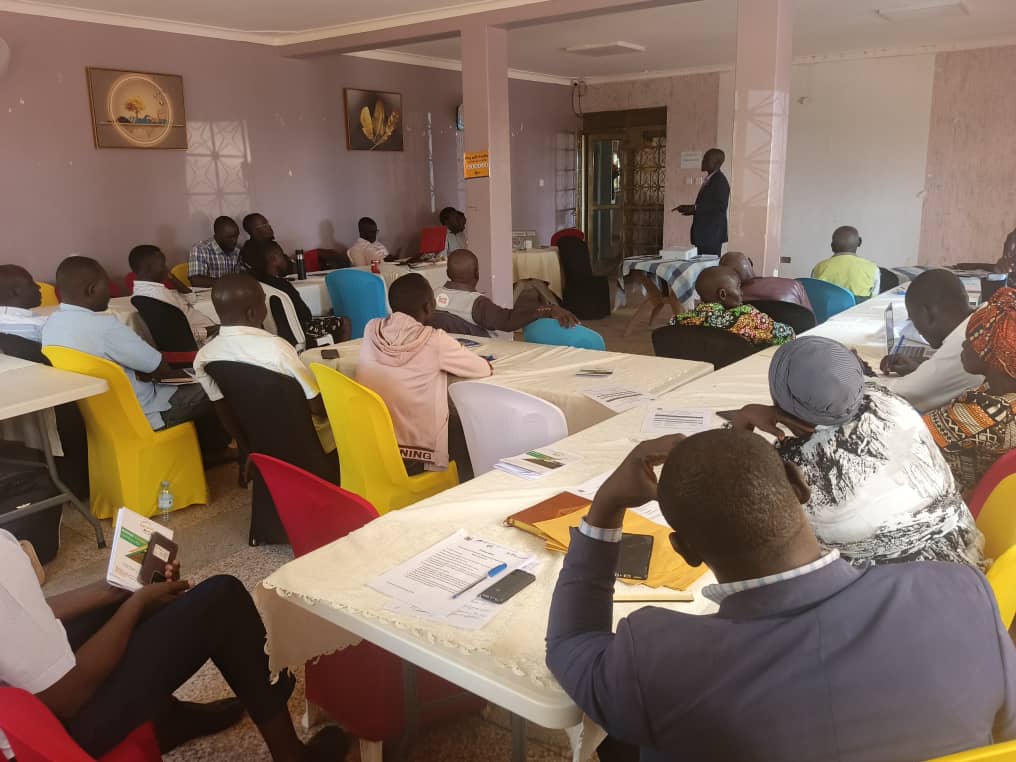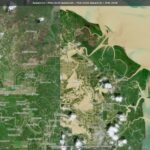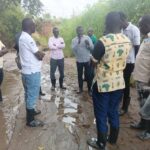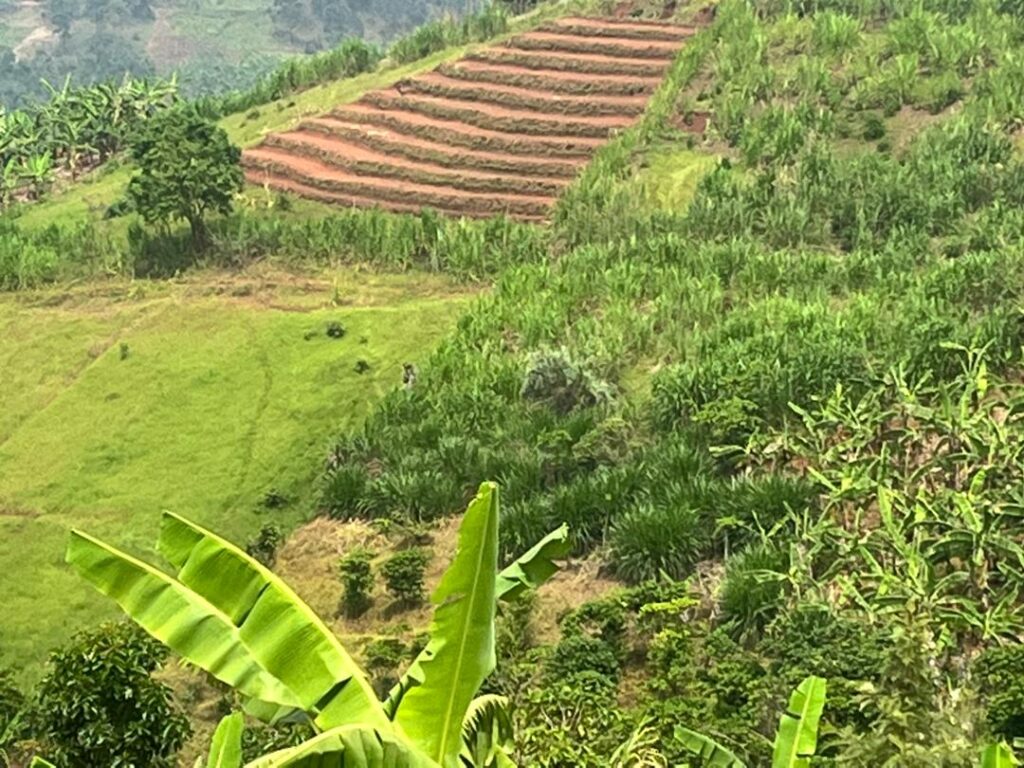Inception Workshop Highlights: Water Source Protection Project
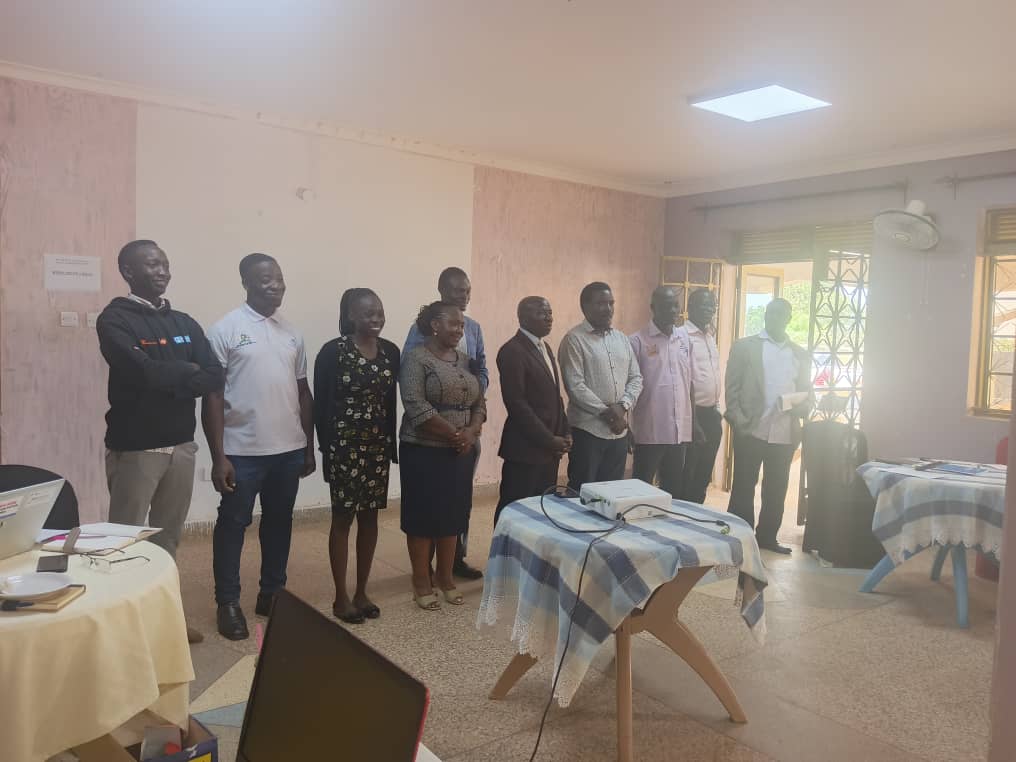
AidEnvironment, with support from GIZ, and in collaboration with local authorities, humanitarian partners, and community representatives, convened an Inception Workshop in Yumbe District to launch the Water Source Protection Project for refugee and host communities. The workshop brought together key stakeholders to establish a shared vision for safeguarding water resources in Yumbe district, one of Uganda’s most water-stressed districts in WestNile region that is host to refugees.
The inception workshop was designed to present the project framework, clarify the roles and responsibilities, areas of collaboration with the partners and establish clear directions for implementation. Given that Yumbe hosts thousands of refugees who depend greatly on shared resources with the host communities, the workshop also served as a forum to tackle the pressing issues of sustainable water management and ecosystem conservation.
Key Highlights
Project Framework
The project’s objectives, expected outcomes, timelines and scope where introduced and discussed with stakeholders.
Understanding Water Source Protection
Experts outlined the principles of water source protection, including catchment management, tree planting, soil and water conservation, and community-led monitoring. The approach emphasizes balancing immediate water needs with long-term resource sustainability.
Community and Stakeholder Engagement, Description of Roles and Responsibilities.
Several leaders from refugee and host communities, district authorities, the Upper Nile Catchment Management Zone, the Ministry of Water and Environment- Upper Nile, Water Mision and other humanitarian actors actively took part in highlighting key water challenges, including overuse, contamination and seasonal shortages. The discussion emphasized participatory approaches to strengthen ownership, equity and sustainability of interventions. Through this process, stakeholder roles and responsibilities were clearly outlined during the session.
Integration with Humanitarian and Development Priorities
The workshop highlighted the importance of integrating water source protection into existing humanitarian programs, settlement planning, and district development strategies. This ensures that the initiative contributes to both emergency response and long-term development goals.
Policy and Regulatory guidelines for Water Source Protection.
During the inception workshop, stakeholders discussed how the project aligns with national water source protection, environmental and refugee guidelines and policies to ensure smooth adherence and implementation.
Action Planning/Commitments and Way Forward
An Implementation Roadmap was drafted outlining activities such as community sensitization, training on sustainable water use, rehabilitation of degraded areas, and establishment of local water management committees. Partners affirmed their contribution to immediate actions for intervention, such as tree planting.
Ways Forward
The inception workshop built consensus on the urgent need to safeguard water sources in Yumbe and fostered strong partnerships among stakeholders. By prioritizing inclusive participation and shared responsibility, the project will enhance access to safe water, reduce environmental stress, and strengthen peaceful coexistence between refugees and host communities.
The discussions and commitments made during the inception workshop marked a significant step toward ensuring that water sources in Yumbe are protected, resilient, and sustainable for current and future generations.

